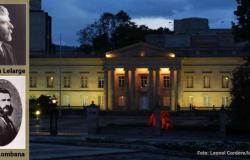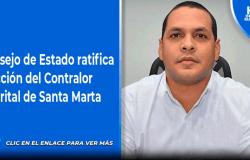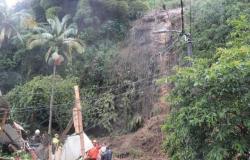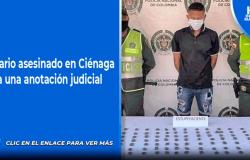If you are a true lover of astronomy and the scientific disciplines that study it, we are sure that the course that we share with you today will be of complete interest to you, as it will allow you to learn the origin, composition, classification and lines of research on the stars. These magnificent celestial bodies have been a subject of study for humanity for thousands of years. Thanks to advances in science and technology we have been able to understand part of their evolution, especially due to the contributions made by the James Webb telescopes and the Hubble telescope. .
Previously, the first edition of this virtual astronomy course had been launched, which was taught by the same Pedro University with another purpose, today we offer you the second part of this astronomy course which is also completely free and you can take it from the comfort of your home, so pay close attention and learn something new.
About the astronomy course
This training is hosted on the EdX learning platform and is taught by the National University of Córdoba, it is named “UNCordobaX: Virtual Astronomy 2: In the sky the stars”.
This course is characterized by being 100% online, it is made up of 5 modules for enthusiasts of Astronomy and space sciences, which does not require any prior academic knowledge. It has a flexible schedule (that you can adapt to your needs and work or school schedules), it has the option of certification, it only requires 6 weeks of time investment (it is recommended to take it 4 to 6 hours a week until you finish the modules ) and best of all, the content is free.
Course registration: To access this training, just go to the DIRECT LINKregister with your data or the data of the interested person and then start learning.
Within the course, stars are specifically addressed as an object of current and historical study in Astronomy.
Course syllabus
This training is divided into 5 modules or units which must be completed in their entirety by the students, in this way they will be able to ensure the acquisition of knowledge, skills and abilities that have been proposed by the trainers. Below, we share the detailed agenda:
Module 1: The appearance of stars in the sky. the constellations. Ancient and modern explanations about the appearance of the starry sky. Methods to investigate different parameters of stars. Main constellations of the southern sky.
Module 2: Sources of information about the stars. Spectroscopy, spectral types, physical information about the surface temperature and density of stars. Photometry or measurement of the brightness or magnitude of stars. absolute and apparent magnitudes. Scales. Direct images: morphological information. How spectroscopic and photometric information are combined: HR diagram. Applications.
Module 3: The energy generated by the stars. Different explanatory models. Nuclear energy, rudiments, physical principles. Energy generation cycles in stellar cores. Proton-proton, CNO, etc. Stellar evolution and its relationship with energy production cycles.
Module 4: Internal structure of stars. Cases of main sequence stars and evolved stars. Relationship with energy production cycles.
Module 5: Variable Stars. Different types, periodic luminosity variations. Pulsating stars, physical explanations of internal processes.
As you can see, the syllabus is very complete, you will be able to learn a little about the history of stars, the sources of information used for their study, the type of energy created by their internal structure and their classifications.
We hope this training It allows you to improve your cultural heritage about the stars and can answer any questions or doubts you may have about these magnificent astronomical objects. We wish you a great week.
Share science, share knowledge.






